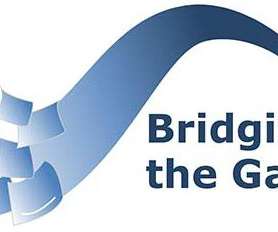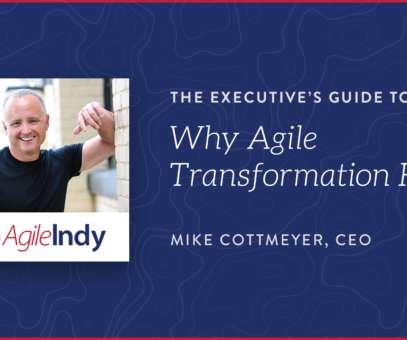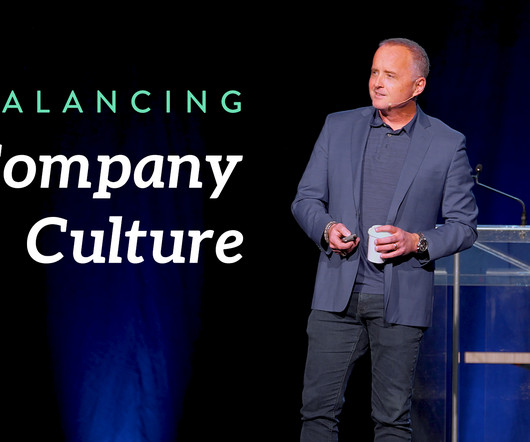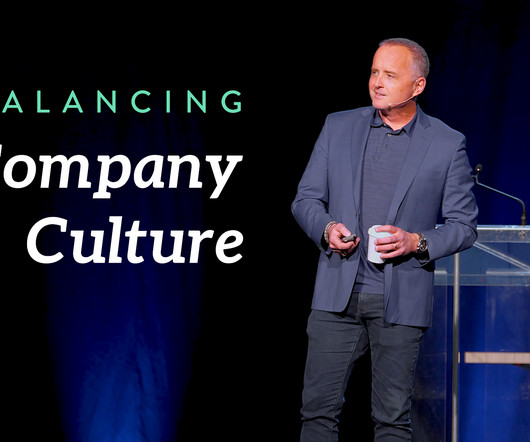What is Business Architecture?
The BAWorld
JULY 17, 2021
Business Architecture is a holistic framework for aligning an organization with its goals, and in turn, making it more competitive. It provides the necessary structure to create a digital transformation roadmap by defining how data, applications and people interact. Business architecture is the blueprint of a company.














Let's personalize your content